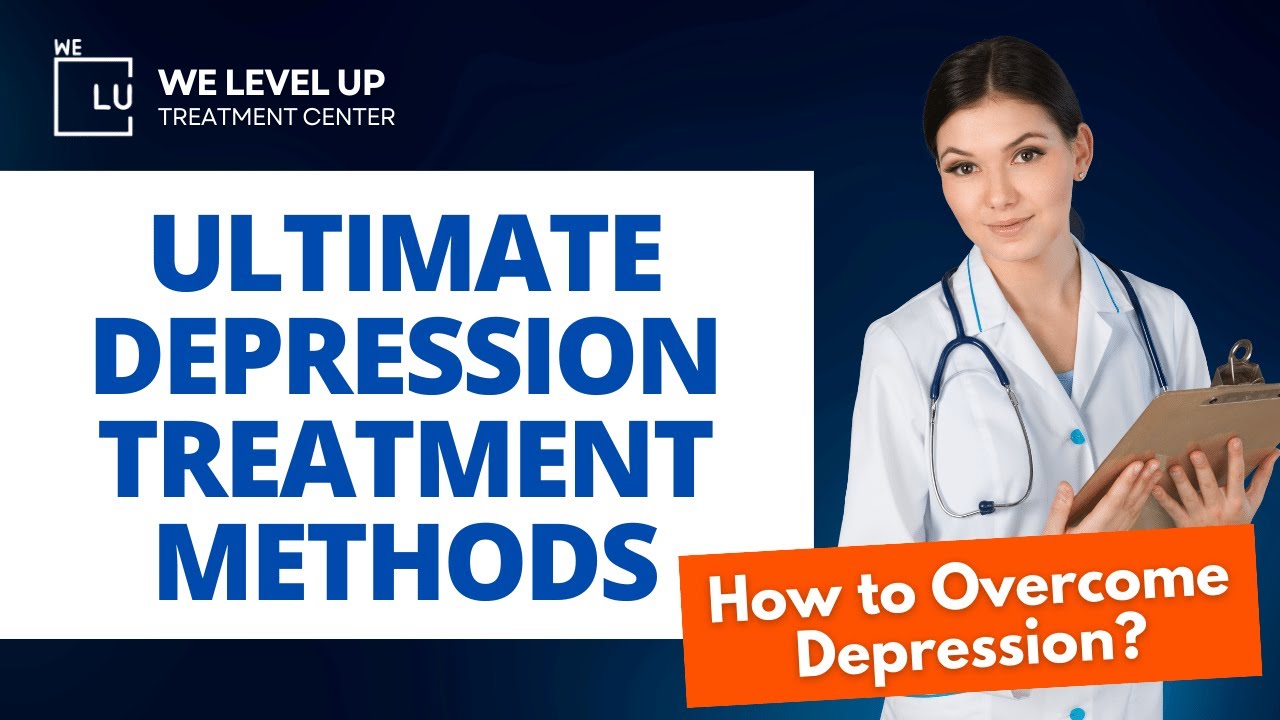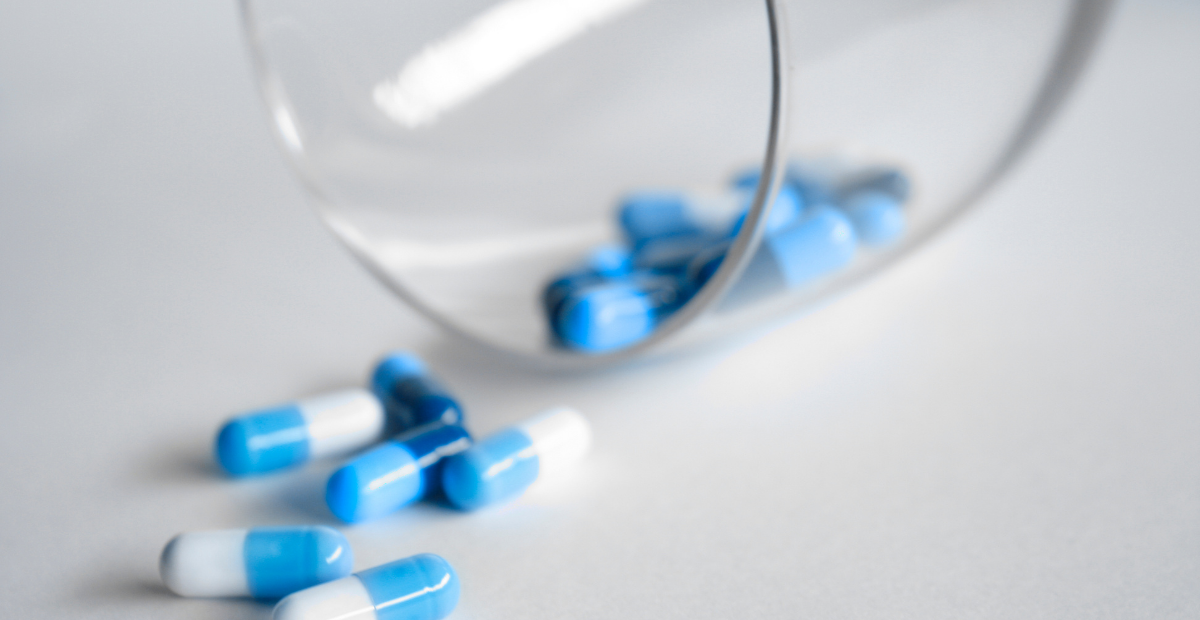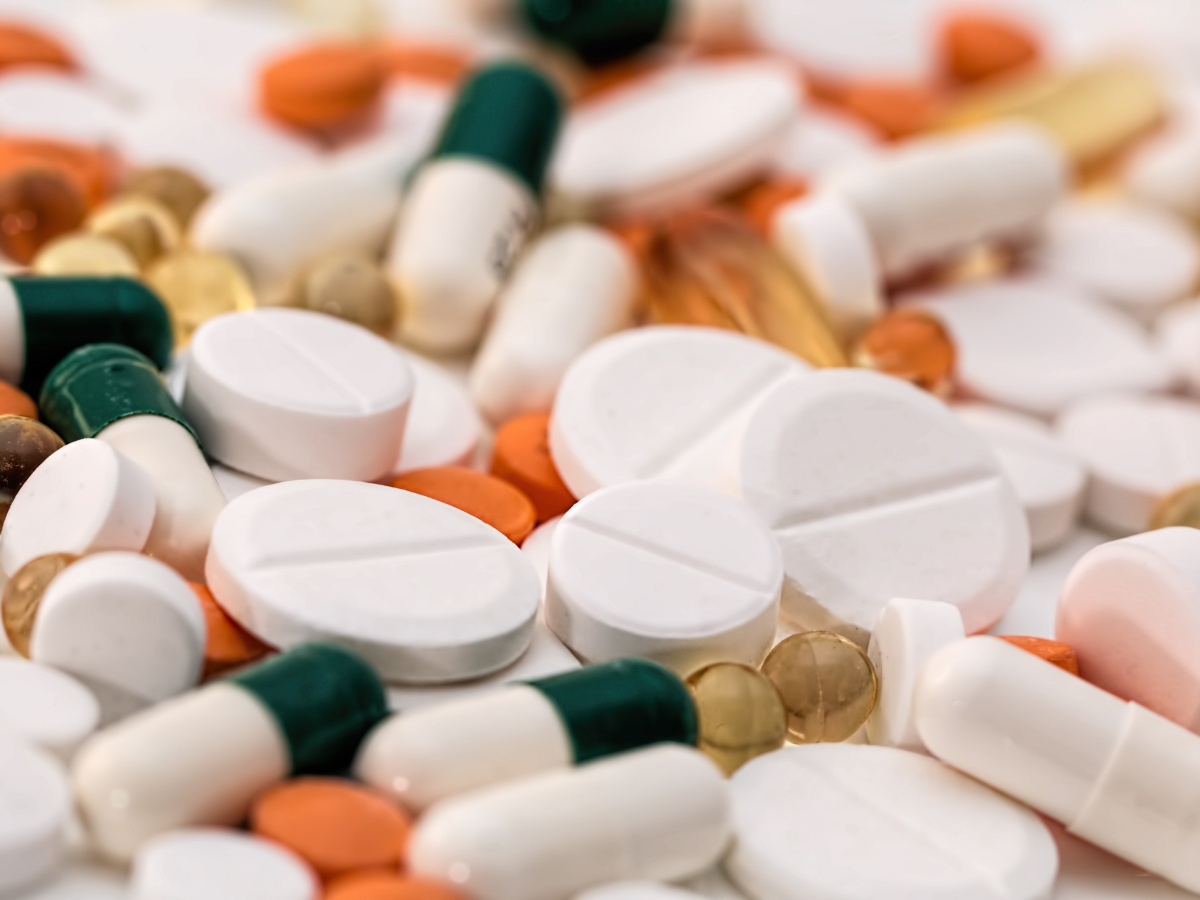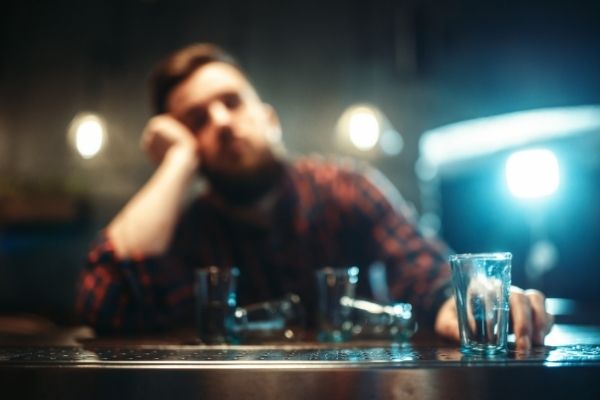What is Lexapro?
Escitalopram, sold under the brand names Cipralex and Lexapro, among others, is an antidepressant of the selective serotonin reuptake inhibitor class. Lexapro is mainly used to treat a major depressive disorder or generalized anxiety disorder and it is taken by mouth. Lexapro is usually taken for a period of many years, either until a person feels that they don’t need it anymore or until they begin experiencing negative side effects and decide to switch medications. However, ceasing to take Lexapro should not be undertaken lightly—or without clinical oversight. Lexapro withdrawal symptoms can be severe, particularly if you attempt to stop abruptly, and it may require medical detox treatment.
How Lexapro Works
Lexapro is an antidepressant medication that works in the brain. It is approved for the treatment of the major depressive disorder (MDD) and generalized anxiety disorder (GAD).
Symptoms of depression include:
- Depressed mood – feeling sad, empty, or tearful
- Feeling worthless, guilty, hopeless, and helpless
- Loss of interest or pleasure in your usual activities
- Sleep and eat more or less than usual (for most people it is less)
- Low energy, trouble concentrating, or thoughts of death (suicidal thinking)
- Psychomotor agitation (‘nervous energy’)
- Psychomotor retardation (feeling like you are moving and thinking in slow motion)
- Suicidal thoughts or behaviors
Generalized anxiety disorder (GAD) occurs when a person experiences excessive anxiety or worry for at least six months. Other symptoms include:
- Restlessness
- Fatigue (low energy, feeling tired all the time)
- Difficulty concentrating
- Irritability
- Muscle tension
- Sleep disturbance (difficulty falling asleep or waking up in the middle of the night)
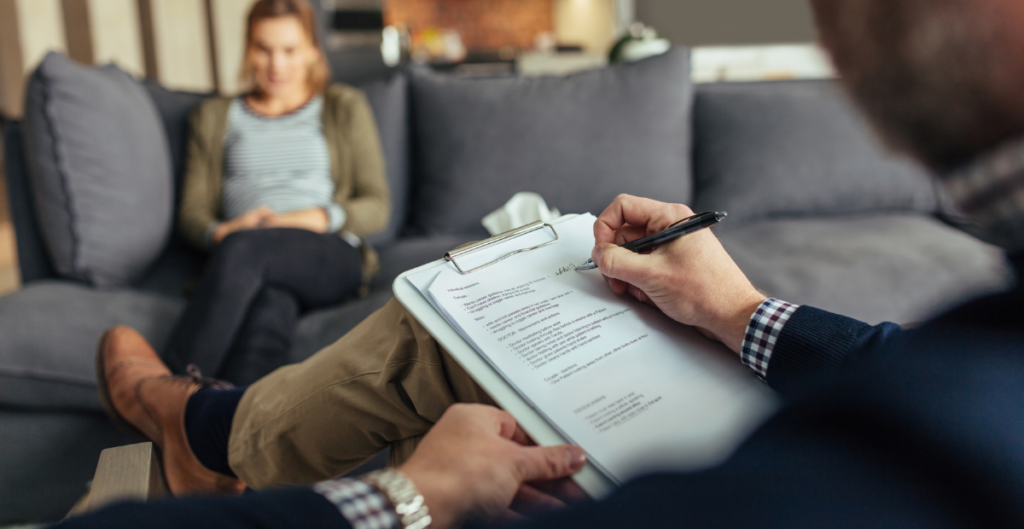
Escitalopram may also be helpful when prescribed “off-label” for obsessive-compulsive disorder (OCD), eating disorders such as binge eating disorder or bulimia nervosa, panic disorder, posttraumatic stress disorder (PTSD), and premenstrual dysphoric disorder (PMDD). “Off-label” means that it hasn’t been approved by the Food and Drug Administration for this condition. Your mental health provider should justify his or her thinking in recommending an “off-label” treatment. They should be clear about the limits of the research around that medication and if there are any other options. [1]
Can You Drink Alcohol While Taking Lexapro?
Avoid drinking alcohol or using illegal drugs while you are taking antidepressant medications. They may decrease the benefits (e.g., worsen your condition) and increase adverse effects (e.g., sedation) of the medication.
Lexapro by itself has a few side effects such as drowsiness, dry mouth and constipation. But once alcohol enters the equation, things become more dangerous. Generally, medical advice recommends not drinking at all while on SSRIs. In fact, the negative side effects become gradually more severe with each drink you take.
Mixing Lexapro and Alcohol
Caution needs to be used as combining the two can lead to drowsiness and impaired alertness. In addition, if you’re being prescribed Lexapro, it most likely means you have a mental health condition, like anxiety or depression. In general, it’s not recommended that individuals with mental health issues consume alcohol as it can worsen these conditions.
According to the FDA, clinical trials have not found that Lexapro worsens the motor and cognitive effects of alcohol. But they also report that alcohol use while on Lexapro is not recommended. Drinking alcohol while on Lexapro might increase your risk for serious side effects. It’s also important to talk to your doctor before drinking alcohol when you are taking any medication.
Drinking alcohol in an attempt to cope with depression can also increase the likelihood that you’ll develop an alcohol use disorder. Drinking could also potentially damage your liver, the organ responsible for breaking down substances, medications, and toxins, further impacting how your body handles these. [2]
Lexapro and Alcohol Interaction
Mixing alcohol and Lexapro will affect each person differently. The dosage you take may also play a role. Those who take the maximum dosage for depression (20mg of Lexapro) may be at an even higher risk of experiencing side effects or complications from drinking alcohol.
Drinking while taking Lexapro may cause:
- Increased anxiety
- Decreased effectiveness of Lexapro
- Increased depression
- Liver problems
- Drowsiness
Alcohol could also increase the risk of side effects from the Lexapro. And side effects might become more severe when Lexapro is mixed with alcohol. Side effects may include:
- Nausea
- Insomnia
- Dry mouth
- Diarrhea
- Sleepiness
There is some evidence that antidepressants like Lexapro might lead to an increase in suicidal thoughts and behaviors, particularly in children, adolescents, and young adults. It’s most likely to occur during the first few months of treatment or when a physician changes the dosage. Since alcohol can worsen depression, drinking while on Lexapro may increase this risk even more. [3]

Side Effects of Lexapro and Alcohol
People who drink alcohol while taking Lexapro may feel more depressed or anxious, and these symptoms may then become more challenging to treat. This worsening scenario is potentially dangerous as it can lead to some people having an increase in suicidal thoughts.
Drinking alcohol may also worsen some of the side effects of Lexapro or other antidepressants, including drowsiness and dizziness. This is because alcohol can also cause these side effects.
Doctors also strongly recommend that people do not stop taking Lexapro or any other antidepressant to drink alcohol. Antidepressants require steady daily doses to work and stopping abruptly can cause withdrawal issues, such as:
- Flu-like symptoms
- Pins and needles
- Nausea and vomiting
- Headaches
- Irritability
- Nightmares
Lexapro and Alcohol Blackouts
Some experts have raised concerns that even moderate drinking while on an antidepressant-like Lexapro may cause an exaggerated response to alcohol in some people. This includes violence, inhibition, and memory loss in about half of the cases.
Lexapro and alcohol side effects are often worsened states of what you’re trying to prevent by taking antidepressants in the first place. It’s no surprise that the interaction between alcohol and Lexapro is almost always negative.
Lexapro and Alcohol Death
Lexapro can also increase the risk of suicide. This risk is especially high in children, teens, and young adults. It’s also more likely to happen during the first few months of treatment and when your doctor changes your dosage. Because alcohol can make your depression worse, it can also lead to increased suicide risk.
Lexapro and Alcohol Addiction Treatment
Alcohol can affect the body in many ways. While it can temporarily relax a person and improve their mood, it can have serious effects on mental health in the longer term and can worsen symptoms of depression and anxiety.
Alcohol can disrupt the natural chemical balance of the brain and can interfere with the central nervous system. Excessive alcohol consumption can:
- Increase the risk of accidents and injuries
- Make a person violent or aggressive
- Cause mood swings
- Affect memory and concentration
- Cause slurred speech
- Impair coordination and reaction time
- Lead to respiratory difficulties
In the longer term, alcohol can cause depression and anxiety and increase the risk of self-harm and suicide.
Excessive alcohol consumption can also lead to alcohol use disorder. People with depression are at greater risk than others of developing alcohol use disorder. Developing alcohol use disorder can affect a person’s relationships and cause social problems, such as unemployment, divorce, and homelessness.
Talk therapy is also an evidence-based treatment for depression and anxiety. A good drug treatment program will offer several levels of therapy as well as multiple treatment options. This allows the rehabilitation and detox facility to meet the individual needs of its clients.
Most substance use disorder programs begin with a detox process to remove the physical dependence on any substances then a residency program. This type of program can last as long as two months and is designed to provide intensive focused therapy in a controlled environment to help you get over the first hurdle and give you the tools necessary to face the cravings and temptations of everyday life.

A person with a dual diagnosis has both a mental disorder and an alcohol or drug problem. These conditions occur together frequently. About half of people who have a mental disorder will also have a substance use disorder at some point in their lives and vice versa. The interactions of the two conditions can worsen both. [4]
Someone with a dual diagnosis must treat both conditions. For the treatment to be effective, you need to stop using alcohol or drugs. Treatments may include behavioral therapies and medications. Also, support groups can give you emotional and social support. They are also a place where people can share tips about how to deal with day-to-day challenges.
Receive dual diagnosis treatment today if you are struggling with Lexapro withdrawal symptoms and mental health disorders. Make this your opportunity to reclaim your life. Call today to speak with one of our treatment specialists about Lexapro and alcohol complications.
Sources:
[1] Escitalopram (Lexapro) – https://www.nami.org/About-Mental-Illness/Treatments/Mental-Health-Medications/Types-of-Medication/Escitalopram-(Lexapro)
[2, 3] The Risks of Drinking Alcohol While Taking Lexapro – https://www.verywellmind.com/the-risks-of-drinking-alcohol-while-taking-lexapro-5071034
[4] Dual Diagnosis – U.S. Department of Health and Human Services National Institutes of Health

